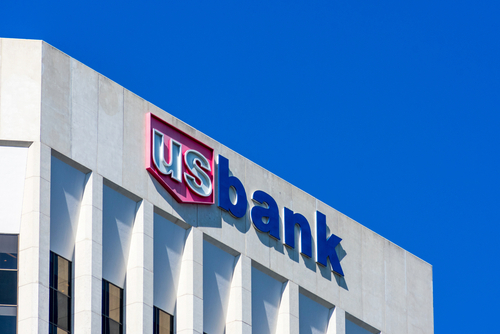On Tuesday, the Consumer Financial Protection Bureau (CFPB) ordered U.S. Bank to pay more than $20 million in penalties for preventing out-of-work consumers from accessing their unemployment benefits during the COVID-19 pandemic.

According to the CFPB, during the pandemic U.S. Bank froze thousands of its accounts and failed to give its customers a quick and reliable way to regain access. Also, the agency said, the bank failed to provide provisional account credits while looking into potentially unauthorized transfers. The agency has ordered the bank to pay its customers $5.7 million and to pay a $15 million penalty. The Office of the Comptroller of the Currency (OCC) separately fined U.S. Bank $15 million.
“At a time when unemployment was close to 15 percent, many out-of-work Americans throughout the country had little choice but to rely on U.S. Bank for their unemployment benefits. U.S. Bank blocked access to accounts and demanded burdensome paperwork in order for consumers to regain access to their frozen benefits,” said CFPB Director Rohit Chopra. “U.S. Bank must comply with the law, and the CFPB and OCC are making the bank pay for its conduct.”
The agencies said the bank had contracts with at least 19 states and the District of Columbia to deliver unemployment benefits through U.S. Bank’s ReliaCard prepaid card. However, tens of thousands of those consumers found their accounts froze for weeks or more at a time. In order to unfreeze their accounts, consumers had to verify their identities, but the bank lacked an adequate way for them to do that, officials said. Additionally, some consumers said the bank failed to provide them with provisional credits when they reported unauthorized transfers from their accounts.
As part of the order, U.S. Bank is also required to have adequate processes to help consumer regain access to their unemployment funds, and to issue provisional account credits when consumers report an unauthorized electronic transfer on their account.
U.S. Bank is a subsidiary of U.S. Bancorp, based in Minneapolis. The bank has more than 2,000 branches in 26 states and reported more than $668 billion in assets as of Sept. 30, 2023.